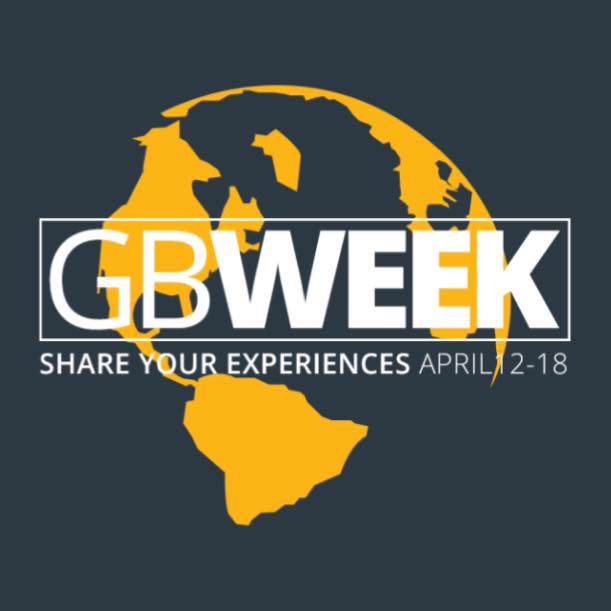April 12-16 marks international Global Brigades Week, a week dedicated to honoring the work and mission of Global Brigades: to empower volunteers and under-resourced communities to resolve global health and economic disparities by igniting the largest student-led social responsibility movement on the planet.

Global Brigades began in 2003 when Duffy Casey, Shital Chauhan and Jeff Bodle traveled with a group of students from Marqette University to Indiana and Honduras to provide medical care to rural communities. Now it has expanded and spread to universities across the nation to communities around the world.
To honor Global Brigades (GMB) Week, the SMU Chapter of GMB is educating members and the SMU student body on what GMB is and how it can impact the community worldwide.
“We’re launching a social media campaign with daily facts and testimony from 2014 brigaders,” said President of the SMU Chapter of Global Brigades Hilary Hopkins.
The SMU chapter works with communities in Panama every summer to work in a mobile medical clinic in underserved regions. According to Hopkins, the group travels there due to the physician shortage, economic disparity especially among indigenous groups, lack of health education, and unimproved sanitation access.
According to Hopkins, there are only 1.5 physicians for every 1,000 people, and 95 percent of indigenous people fall below the poverty line. More than half of the population does not have access to improved sanitation.
“Global Brigades identifies rural communities, often times indigenous, and works with them to improve their health, health education and community resources to create sustainable and holistic change in the community,” Hopkins said.
During the week-long brigade, students work for three days in a free clinic and organize Charlas, or lectures, to educate Panama’s children and adults. The clinic runs for eight to ten hours per day.
“Students volunteering get hands-on experience taking vital signs, medical histories, and shadowing Panamanian physicians, dentists, and pharmacists, assisted by translators to help break the language barrier,” Hopkins said.
In the Charlas, students teach adults about STDs and STIs and children about the importance of dental hygiene and nutrition.
According to Hopkins, the trip is transformative. After her first brigade, she said she redeveloped her passion for healthcare and her desire to care for underserved populations. The trips also influenced her to pursue a master’s degree in public health with an emphasis in global health.
“What impacted me the most was the prevalence of easily treatable disease,” she said. “Access to clean water and Tylenol would cure the majority of cases I’ve seen.”
Hopkins stated that during her two brigades, the most common diseases she saw were malnutrition, high blood pressure, scabies and other skin rashes, and intestinal parasites.
Senior Ashley D. Romo also found that her trip to Panama solidified her desire to serve rural communities through medical practice. During her trip to Panama, Romo implemented a case study with SMU Engaged Learning, entitled “A Case Study: Medical Practice in Rural Panama,” to examine the factors that play into diseases prevalence in underserved, rural areas.
“Volunteering with Global Medical Brigades gave me the opportunity for many ‘firsts’: my first time traveling outside the country, first time working in an underserved community in Latin America, first time shadowing a rural physician, and first time designing and implementing a case study,” Romo said.
Courtney Thrower also traveled to Panama with SMU Global Brigades and Engaged Learning. In August 2014, Thrower worked with nine other brigaders to provide medical attention, encourage healthy living and empower 414 Panamanian community members.
“My experience working with SMU GMB and with global and local community members has been awesome,” Thrower said. “It has provided me the chance to understand health an wellness first hand and keeps me inspired in my journey to become a medical doctor.”
Thrower said that her trip to Panama also allowed her to conduct a weekend workshop with a local non-profit, Brother Bill’s Helping Hands, to provide similar services.
Those involved in the SMU chapter of GMB hope that Global Brigades Week and their personal experiences will inspire others to look into the opportunities that Global Brigades and Engaged Learning has to offer.
Students and supporters can follow updates from the SMU GMB chapter at www.facebook.com/SMUGMB.











